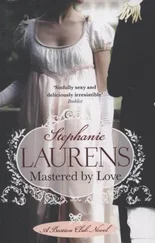
First published in Great Britain in 2016 by
4th Estate
An imprint of HarperCollins Publishers
1 London Bridge Street
London SE1 9GF
www.4thEstate.co.uk
Copyright © Alexander Masters 2016
Cover photographs © Arcangel
The right of Alexander Masters to be identified as the author of this work has been asserted by him in accordance with the Copyright, Design and Patents Act 1988
Laura Francis’s copyright material reproduced by permission. Any requests to reproduce this material should be addressed to the author.
A catalogue record for this book is available from the British Library
All rights reserved under International and Pan-American Copyright Conventions. By payment of the required fees, you have been granted the non-exclusive, non-transferable right to access and read the text of this e-book on screen. No part of this text may be reproduced, transmitted, down-loaded, decompiled, reverse engineered, or stored in or introduced into any information storage retrieval system, in any form or by any means, whether electronic or mechanical, now known or hereinafter invented, without the express written permission of HarperCollins.
Source ISBN: 9780008130770
Ebook Edition © May 2016 ISBN: 9780008130794
Version: 2017-01-27
For Dido Davies,
who was blissful.
1953–2013
Contents
Cover
Title Page
Copyright
Dedication
Part One: Mystery
1.2001: The Skip
2.The Ribena box
3.The Freshest diaries …
4.Flatface
5.The Torso box
6.A Chapter of curses
7.Wor
8.As soon as I had the idea …
9.Nothing is certain
10.Ancestors
11.It was easy to get in …
12.Two close shaves
13.Birth
14.A Chapter of celebrations: birthdays from thirteen to sixty-two
15.The Oldest book
16.Vince, private detective
17.The Second stabbing
18.Growing up
19.Sex
20.What a queer set up
21.Oh, glorious blaze!
22.I have been stuck in this room twenty one years …
23.Who E?
24.Despite the fact that time passes with treacle-like languor …
25.Who E? (cont.)
26.For years, Flora has been telling me …
Part Two: Crisis
27.The End of history
28.Auntie’s Tea Shop is a seaside shop …
29.Hello! Are you Laura Francis?
30.Epitaph
Part Three: Biography
31.Laura Penrose Francis
32.PS
Footnote
Acknowledgements
Also by Alexander Masters
About the Publisher
A nice day in general; just enjoying myself.
No particular thoughts, except perhaps
I’d like to change my life.
PART ONE
One breezy afternoon, my friend Richard Grove was mooching around Cambridge with his shirt hanging out, when he came across this skip:
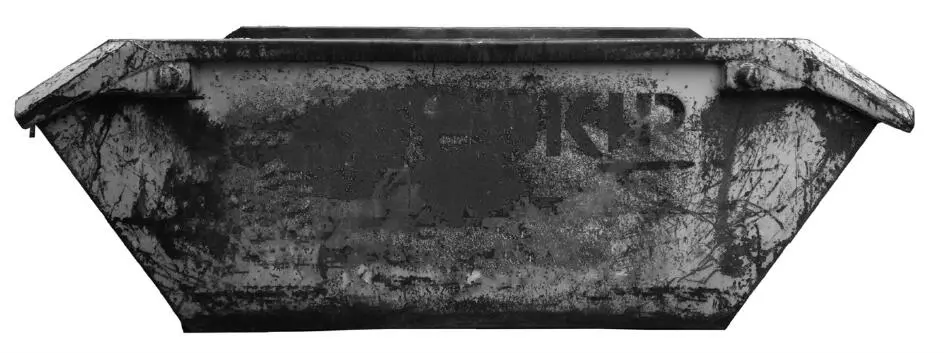
Only partially filled, it was resting in an old yew hedge, on a stub of dead-end road. Richard squeezed between the scuffed yellow metal and the hedge and wandered through what had once been an old orchard. Tree stumps, sliced off at ankle height, glistened smoothly in the sun. Pear and apple branches were piled up beside a wood-chewer, waiting to be turned into chips. Beyond this cleared woodland, spreading like a pool of bleach among the grass and flowers, was a building site. A large Arts and Crafts house was being modified. The roof had gone. Underneath, two storeys of red brick walls were cordoned off by corrugated metal fencing. It seemed the property was being exposed to the wind for a good rinse-out. A lot of ancient professors live in this part of Cambridge, dozing on their laurels, shuffling about in worn-out cars. They give the place a musty feel; it needs the occasional airing.
Although Richard had lived nearby for most of his life, this house was so well hidden behind hedges and trees that he hadn’t known it existed. By pressing his eye against a gap between the metal fencing posts, he could see the remains of a porch. The wooden column holding up the roof had been snapped, like a knee.
Richard returned to the skip, peered in and became suddenly agitated. Something inside had caught his attention. He stood on tiptoe in an attempt to put his arms over the top and reach down, but his arms weren’t long enough. With his shoulders still hunched over the metal, he slid along the skip until he reached the low end and, after looking around unsuccessfully for something to stand on, tried to tip himself over the edge and slide in – but he wouldn’t tip. Professor Richard Grove is an energetic man, a world expert on the ecology of islands, and always eager to get himself dirty; but he’s a little plump. Defeated by the skip, he ran off. Half an hour later he reappeared with Dr Dido Davies who is thinner.
Dido clambered in easily (by the tipping method) and slid down the metal slope until her feet rested on a large box. A plastic bath panel split and gave way. Dido dropped half an inch. Something collapsed with a metallic sigh. Dido fell to her hands. Dido – a historian, an award-winning biographer, author of two sex manuals under the pseudonym ‘Rachel Swift’ and the only person in the world who knows where the bones of Sir Thomas More are buried – could see exactly what had made Richard so excited.
Clustered inside a broken shower basin, wedged into the gaps around a wrenched-off door, flapping in the breeze on top of the broken bricks and slates, were armfuls of books. They had been scattered across the rubble exultantly and anyhow. ‘They couldn’t have been there more than an hour or two, they looked so fresh,’ remembered Dido years later. ‘It felt as though the person who had thrown them might be still in the garden, but Richard and I looked – nobody was there. I thought, has someone thrown them away because they’ve gone loony? Has someone come along after the owner has died and tossed the books out in a fit of rage?’
The discovery reminded her of a story about the Cambridge literary critic Frank Kermode. ‘Kermode was moving house, and he had this incredibly important library, all first editions, all signed to him by the authors, all boxed up. But somehow he accidentally gave the boxes to the dustbin men instead of the removal men, and this very personal collection was carted off. He never saw the books again. It was the same with these books in the skip: a feeling of wronged privacy. It was so obvious that they shouldn’t be destroyed. You wanted to pick them up. It was nothing to do with keeping them. Just to save them, because whoever had thrown them in the skip had run off only a few minutes ago. These books were alive.’
Читать дальше
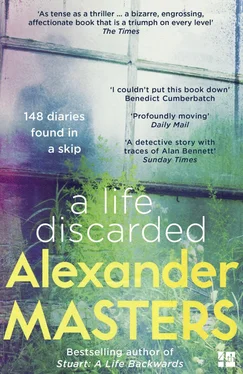
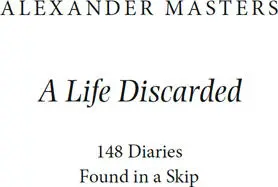


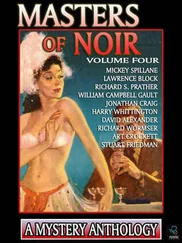
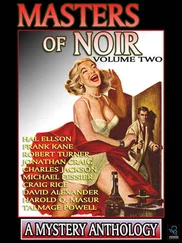
![Никки Сикс - Героиновые дневники. Год из жизни павшей рок-звезды[The Heroin Diaries - A Year in the Life of a Shattered Rock Star]](/books/78612/nikki-siks-geroinovye-dnevniki-god-iz-zhizni-pavshej-rok-zvezdy-the-heroin-diaries-a-yea-thumb.webp)
